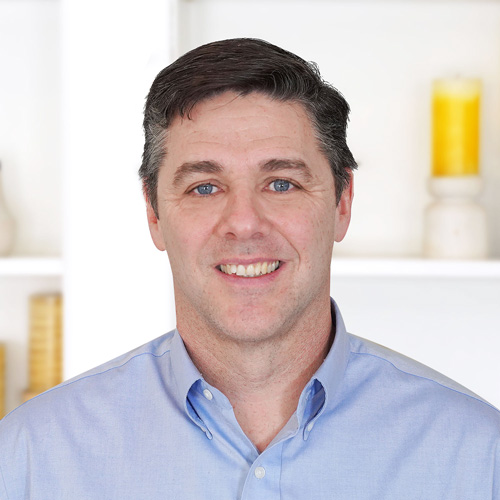
Brian's Story
The most important lesson I have learned is that sometimes, the strongest thing a person can do is ask for support when facing depression.

The most important lesson I have learned is that sometimes, the strongest thing a person can do is ask for support when facing depression.
"You are not alone in this, and people – when asked – do want to help."
About Brian:
I am a Certified Addiction Recovery Coach and a Certified Recovery Peer Advocate at Mountainside treatment center. My goal is to help people discover their pathway to a more fulfilling life and end the stigma of mental illness and addiction.
In November of 2010, I was in a dark place in my life and thought that my wife and three daughters were better off without me. I had mounting legal issues, my career was in ruins, and in my mind, there was no place to turn. Suicide felt like my only option. In what I can only explain as a moment of clarity, I checked myself into the psychiatric ward of a local hospital, and for the first time, honestly asked for help.
WHAT ARE SOME THINGS THAT REALLY HELPED?
Medication
Therapy
Abstinence from Alcohol
Exercise/Physical Activity
As guys, we are often taught that we need to manage our “stuff” and we need to be self-sufficient, but the most important lesson that I have learned is that sometimes, the strongest thing a person can do is ask for support. Life on the best terms can be challenging, but it is much more difficult to try to manage it alone. You are not alone in this, and people – when asked – do want to help. They can’t help if they don’t know you are struggling.
– Brian McManus, Certified Addiction Recovery Coach and Certified Recovery Peer Advocate, Fairfield County, Connecticut.
Help us explore the complex connections between men's mental health and their romantic relationships by participating in the Men and Relationships Study. Your insights will contribute to a deeper understanding of how relationships impact well-being, helping to shape better mental health support for men.
Participants may enter a draw for one of four $100 prepaid Mastercards.
Take the survey today and be part of this important research.